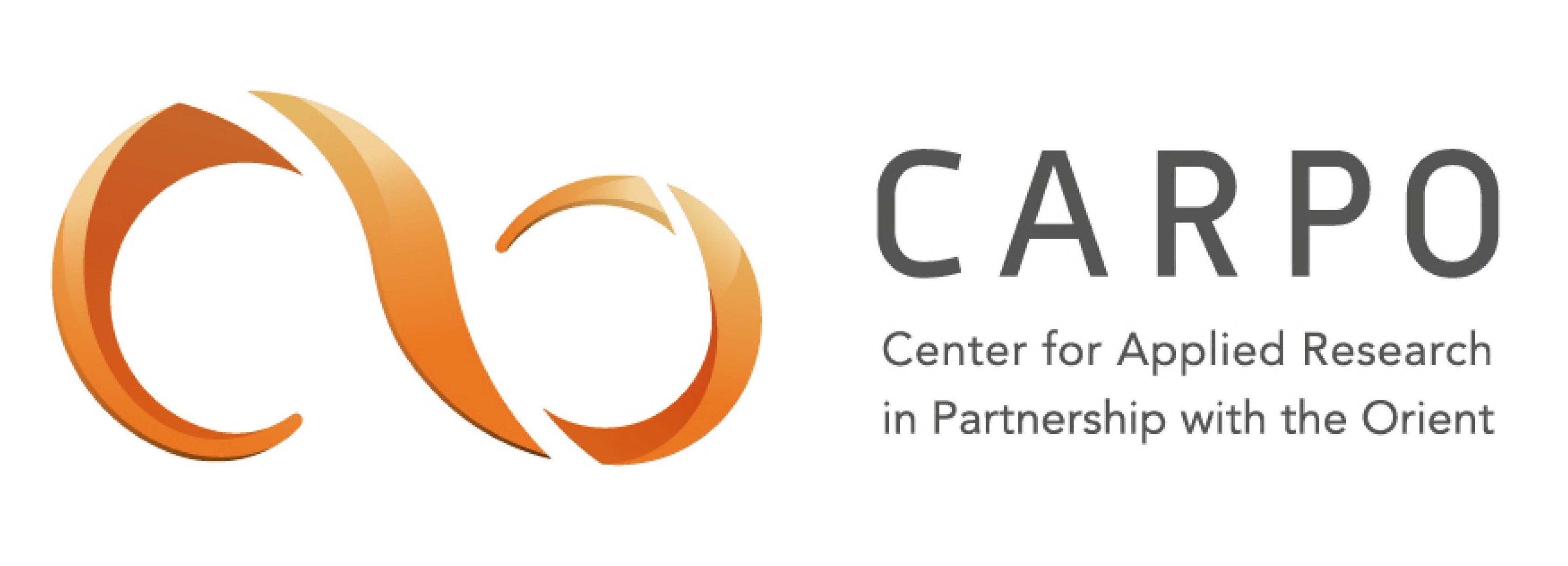The Peace Women project is a study of women, revolution, forced migration and peacebuilding in Yemen and beyond. It proposes a deeper understanding of the role of women in post-revolutionary conflicts and peace-building. Strzelecka: “By focusing on the Yemeni refugees and female political activists in exile, the project sheds light on how women resisted their marginalisation and dealt with their (dis)advantaged position in and outside the country.” Fieldwork will be carried out with Yemeni activists and refugees in Germany, Jordan and the Netherlands.
The Peace Women project focuses on the case of Yemen and the consequences of the 2011 uprising that led to war and produced more than 3.62 million internally displaced people and almost 71 000 refugees and asylum seekers. Women and children make up almost 78% of displaced persons in Yemen. Strzelecka: “After years of armed conflict, Yemen remains the world’s worst humanitarian crisis. The conditions for Yemeni women and girls are continuously deteriorating. Yet, despite this, Yemeni women have been active on all levels to bring about peace.”
One of the objectives of the project is to examine the efforts of Yemeni women refugees and activists between 2015-2021. By examining their achievements in conflict management and peace settlement, the researchers aim to further highlight the role of women in peace processes. The research will also aim to document the experiences of these women to understand how the conflict situation in the country affected their political participation.
This project has received funding from the European Union’s Horizon 2020 research and innovation programme under the Marie Skłodowska-Curie grant agreement No 101024992.

